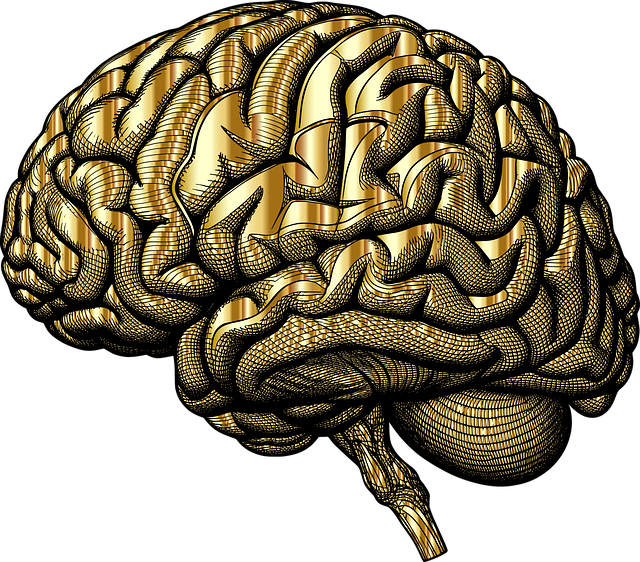Self-assessment is a powerful tool for personal growth and recovery, especially for conditions like Littleton Adjustment Disorder Therapy (LADT), offering insights into emotional well-being, thought patterns, and behaviors. The digital age has revolutionized these tools with personalized online and mobile solutions, enabling early intervention and continuous monitoring through AI algorithms. Incorporating evidence-based practices, such as behavioral assessments and cognitive-behavioral therapy, ensures the accuracy and effectiveness of self-assessment tools tailored to LADT. This approach enhances access to quality care and improves outcomes for those dealing with adjustment disorders.
“Explore the transformative power of mental wellness self-assessment tools, especially in the context of Littleton Adjustment Disorder Therapy. This article delves into the process of unlocking personal growth and recovery through comprehensive assessments. We examine the evolving role of technology in creating digital solutions for mental health monitoring, ensuring accessibility and effectiveness.
Furthermore, we highlight evidence-based practices integral to developing valid assessment instruments, catering specifically to the unique needs of individuals seeking Littleton Adjustment Disorder Therapy.”
- Understanding Mental Wellness Self-Assessment: Unlocking Personal Growth and Recovery
- The Role of Technology in Developing Effective Tools: A Digital Approach to Mental Health Monitoring
- Incorporating Evidence-Based Practices: Ensuring the Validity and Efficacy of Assessment Instruments for Littleton Adjustment Disorder Therapy
Understanding Mental Wellness Self-Assessment: Unlocking Personal Growth and Recovery

Understanding Mental Wellness Self-Assessment is a powerful tool for personal growth and recovery. It allows individuals to take an active role in evaluating their mental health, identifying areas of concern, and tracking progress over time. By completing regular self-assessments, one can gain profound insights into their emotional well-being, thought patterns, and behaviors, enabling them to make informed decisions about their mental wellness journey.
For individuals struggling with conditions like Littleton Adjustment Disorder, these assessments become invaluable resources. They provide a structured framework for understanding symptoms, triggers, and coping mechanisms. Incorporating self-care practices, developing effective coping skills, and engaging in mental wellness journaling exercises guided by these tools can significantly enhance recovery efforts. This proactive approach encourages individuals to take ownership of their mental health, fostering resilience and promoting overall well-being.
The Role of Technology in Developing Effective Tools: A Digital Approach to Mental Health Monitoring

In today’s digital era, technology plays a pivotal role in developing innovative mental wellness self-assessment tools that can effectively monitor and support individual well-being. Online platforms and mobile applications are becoming increasingly sophisticated, offering users personalized experiences tailored to their unique needs. This digital approach to mental health is particularly beneficial for conditions like Littleton Adjustment Disorder, where early intervention and continuous monitoring can significantly impact treatment outcomes. By leveraging advanced algorithms and artificial intelligence, these tools can provide immediate feedback, track progress over time, and offer customized strategies to boost confidence and prevent depression.
Public awareness campaigns development has also been facilitated by technology, enabling the widespread dissemination of information on mental wellness. These campaigns, often coupled with user-friendly digital resources, empower individuals to take charge of their mental health proactively. The integration of technology in self-assessment tools not only improves accessibility but also encourages a more open dialogue about mental health issues, fostering a supportive environment for those seeking help, whether it’s for Littleton Adjustment Disorder or other common mental health concerns.
Incorporating Evidence-Based Practices: Ensuring the Validity and Efficacy of Assessment Instruments for Littleton Adjustment Disorder Therapy

Incorporating evidence-based practices is paramount when developing self-assessment tools for Littleton Adjustment Disorder Therapy (LADT). These practices ensure that the instruments used are both valid and effective in accurately assessing and guiding individuals through emotional healing processes. By integrating methodologies supported by robust research, such as behavioral assessments and cognitive-behavioral therapy techniques, assessment tools can provide reliable insights into an individual’s mental wellness state. This approach not only enhances the precision of the evaluation but also enables personalized treatment plans that cater to each patient’s unique needs.
Moreover, evidence-based practices contribute to the broader mental health policy analysis and advocacy efforts. Valid and effective self-assessment tools can inform policymakers about the gaps in current resources and services for LADT, fostering data-driven decisions that prioritize evidence-supported interventions. This ensures that mental health initiatives are aligned with best practices, ultimately enhancing access to quality care and improving outcomes for individuals navigating adjustment disorders.
Mental wellness self-assessment tools, particularly tailored for conditions like Littleton Adjustment Disorder Therapy, hold immense potential in empowering individuals to take charge of their mental health. By leveraging technology and incorporating evidence-based practices, we can create accessible, valid, and effective assessment instruments that facilitate personal growth and recovery. As digital solutions continue to evolve, it’s crucial to ensure these tools are not only user-friendly but also grounded in scientific research for optimal results.














